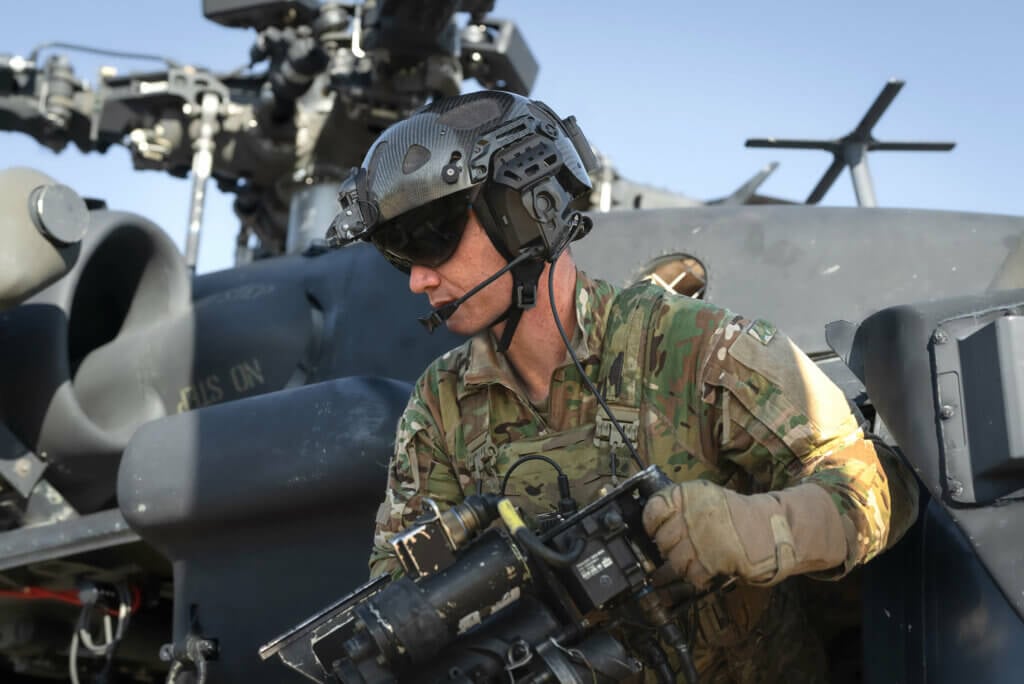Challenges Facing Advanced Light Helicopter Operations
The Advanced Light Helicopter (ALH), known as Dhruv, has faced operational challenges recently. Developed by Hindustan Aeronautics Limited (HAL), the ALH has been grounded due to safety concerns following fatal crashes. This situation has raised alarms about the helicopter’s reliability and the implications for military operations.
Background
The ALH programme commenced in 1984, with initial design support from Germany. The helicopter first flew in 1992 and achieved military certification in 2002. It was designed for multi-role missions and is classified into several variants, including Mk-I, Mk-II, Mk-III, and Mk-IV. Despite its potential, the ALH has encountered various operational setbacks.
Recent Grounding Incidents
The grounding of the ALH fleet began in January 2025 after a crash during a training mission killed three personnel. A subsequent crash in September 2024 during a medical evacuation further heightened concerns. HAL recommended grounding the fleet following preliminary investigations that indicated serious mechanical issues.
Operational Implications
The grounding of over 330 ALHs has severely impacted military capabilities. The Indian military relies on these helicopters for search and rescue operations and other critical missions. With the fleet out of service, the military faces operational handicap. Other helicopters, such as Chetaks and Mi-17s, are now overstretched and unable to meet the demand for air support.
Logistical Challenges and AOG Events
Aircraft on Ground (AOG) events occur when helicopters cannot fly due to maintenance issues. Such incidents highlight deficiencies in the logistical chain and can lead to prolonged downtimes. The ALH has experienced multiple AOG events, raising questions about HAL’s operational logistics and product maturity.
Impact
The grounding has also affected aircrew training. Pilots are losing their flying currency and proficiency. Although some training continues through simulators, the lack of actual flying experience can erode confidence and skills. Commanding officers are tasked with keeping personnel engaged during this downtime.
Concerns
The operational issues surrounding the ALH have sparked criticism regarding HAL’s transparency and accountability. The lack of competition in the helicopter market has led to complacency in design and innovation. Users demand greater accountability and regular updates on the status of the helicopter’s operational readiness.
Future Directions and Recommendations
As investigations into the crashes continue, there is a call for comprehensive reviews of the ALH programme. This includes considering design changes and exploring alternatives to meet diverse user requirements. The Ministry of Defence and HAL must address these challenges to ensure the ALH’s future viability and effectiveness.
Month: Current Affairs - April, 2025
Category: Defence Current Affairs








